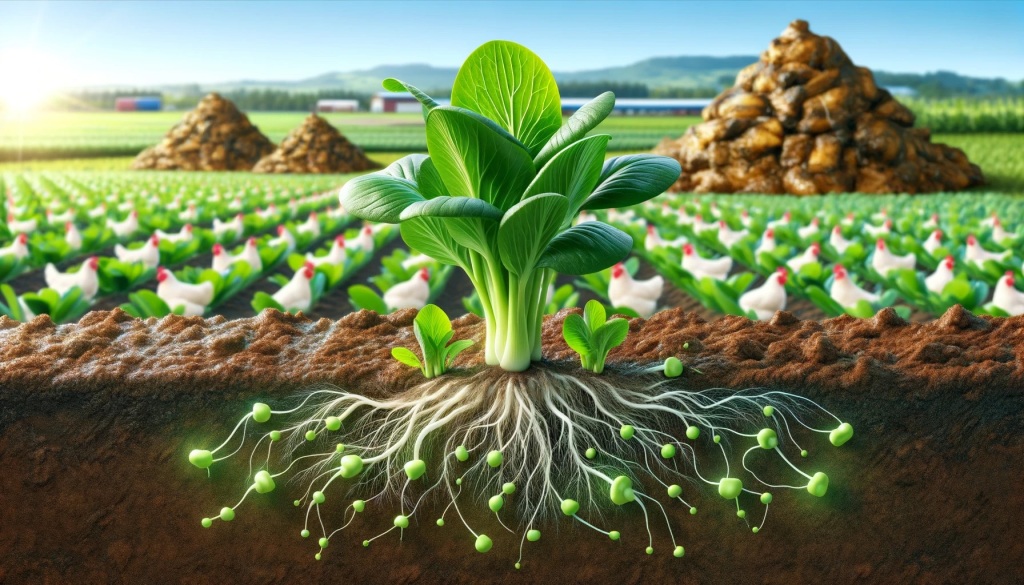Zhang, et al (2024) Chicken manure-derived biochar enhanced the potential of Comamonas testosteroni ZG2 to remediate Cd contaminated soil. Environmental Geochemistry and Health. https://doi.org/10.1007/s10653-024-01956-x
Recent research highlights the promising application of biochar and microorganisms in remediating cadmium (Cd)-contaminated soil. This study focuses on the impact of chicken manure-derived biochar on cadmium carbonate (CdCO3) precipitation facilitated by the bacterium Comamonas testosteroni ZG2.
Biochar serves multiple roles in this process. It acts as a carrier for strain ZG2, bolstering the bacterium’s resistance to cadmium and mitigating the metal’s toxicity to bacterial cells. Notably, cadmium adsorbed by the biochar is induced by strain ZG2 to form stable CdCO3 precipitates. Additionally, when biochar is incorporated during the formation of these precipitates and in fermentation broth, it enhances the precipitation process. The CdCO3 formed not only enters the biochar’s pores but also attaches to its surface, reinforcing the biochar’s remediation capability.
The study finds that the combined use of strain ZG2 and biochar is more effective than using either alone. Specifically, the combination reduces available soil cadmium by 48.2%, boosts the aboveground biomass of pakchoi by 72.1%, and decreases its cadmium content by 73.3%. Furthermore, this synergy promotes root growth and enhances the microbial community structure in the rhizosphere soil.
Overall, chicken manure-derived biochar significantly improves the stability of CdCO3 precipitation induced by strain ZG2. This combined approach offers a robust and sustainable method for remediating cadmium-contaminated soils, demonstrating the substantial application value of integrating biochar and microorganisms in environmental management.






Leave a comment